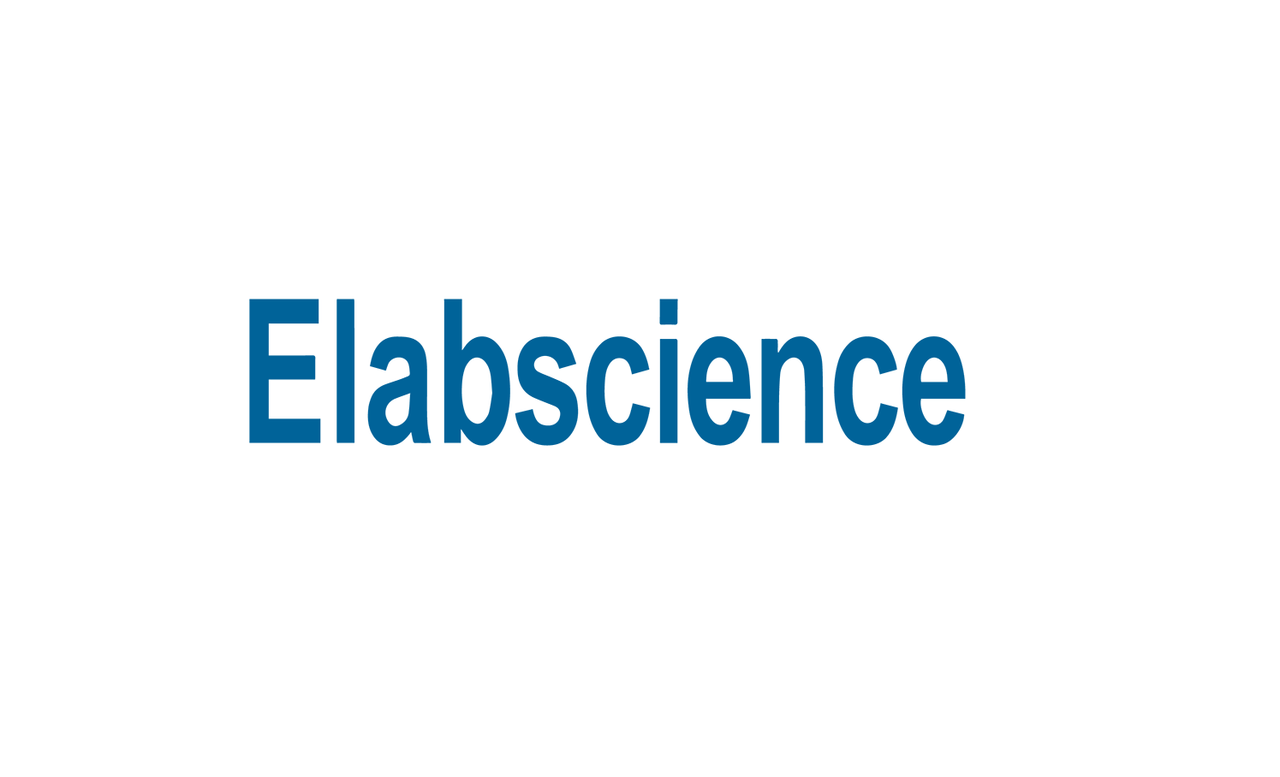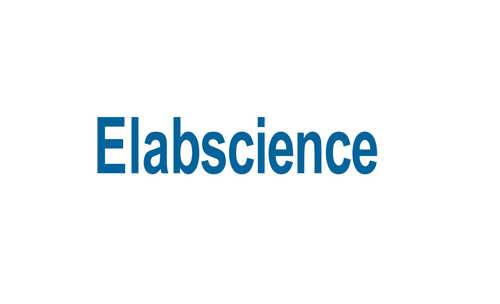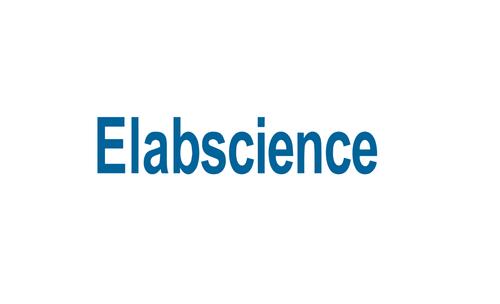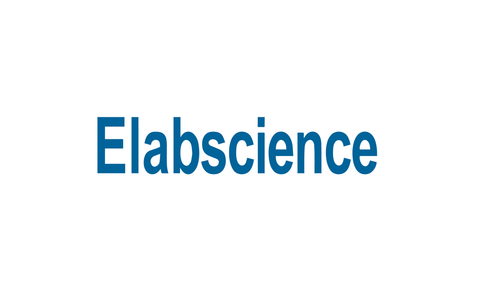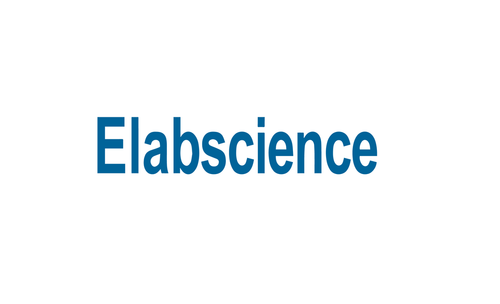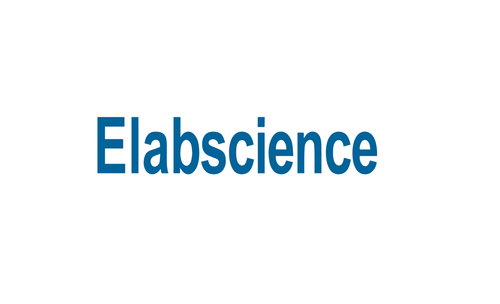Product Description
Mouse Uterine Fibroblast | EP-CP-M054 | Elabscience
Background: Mouse uterine fibroblasts are isolated from uterine Tissue. The uterus is an organ for gestation of the fetus. It is located in the middle of the pelvis, between the bladder and rectum. Its position can vary with the filling degree or position of the bladder and rectum. The normal position of the uterus is mainly maintained by the uterine ligaments, pelvic diaphragm, urogenital diaphragm, and central tendon of the perineum. When these structures are damaged or loose, it can cause uterine prolapse. Fibroblasts are the main cellular components of loose connective Tissue, which are derived from the mesenchyme in the embryonic period. Fibroblasts are large, with clear outlines, mostly protruding spindle-shaped or star-shaped flat structures, with regular oval nuclei and large and obvious nucleoli. Fibroblasts have vigorous functions and activities. The cytoplasm is weakly basophilic and has obvious protein synthesis and secretion activities. Under certain conditions, it can achieve mutual transformation with fibroblasts. Fibroblasts are very important for the repair of different degrees of cell degeneration, necrosis and Tissue defects Effect. The newly isolated uterine fibroblasts are round and have good refractive index. They are suspended in the culture medium. After 30 minutes, the cells adhere to the flask, and some of them begin to protrude pseudopods, which appear as small protrusions. After 6 hours, the cells are almost completely attached. It stretches into a fusiform with clear nuclei, relatively uniform distribution, scattered growth, and does not aggregate into clusters. The cells grow rapidly and reach confluence within 5-7 days. The cells are tightly arranged, and some overlap and grow, flat and large. The cytoplasm is transparent, the nucleus is large, elliptical, and light in color. The cells reach confluence and connect to each other into a network. The cells are distributed in a protruding spindle or star-shaped flat. The main characteristics of uterine fibroblasts: 1. It is an important cell composition of the uterus, easy to be cultured in vitro; 2. It can repair and reshape the uterus after uterine injury; 3. It can effectively control the spread of inflammation when the uterus is inflamed. The mouse uterine fibroblasts produced by our company are prepared by trypsin-collagenase mixed digestion method combined with differential adhesion method, the total number of cells is about 5×10^5 cells/vial. The cells are identified by Vimentin immunofluorescence, and the purity is more than 90% without HIV-1, HBV, HCV, mycoplasma, bacteria, yeast and fungi, etc.
Renewal: Every 2-3 days
Ratio: 1:2-1:3
Medium: EP-MP-M054
Growth Properties: Adherent
Cell Type: Fibroblast
Tissue Type: Reproductive system
Tissue: Uterine Tissue
Organism: Mouse
 Euro
Euro
 USD
USD
 British Pound
British Pound
 NULL
NULL

